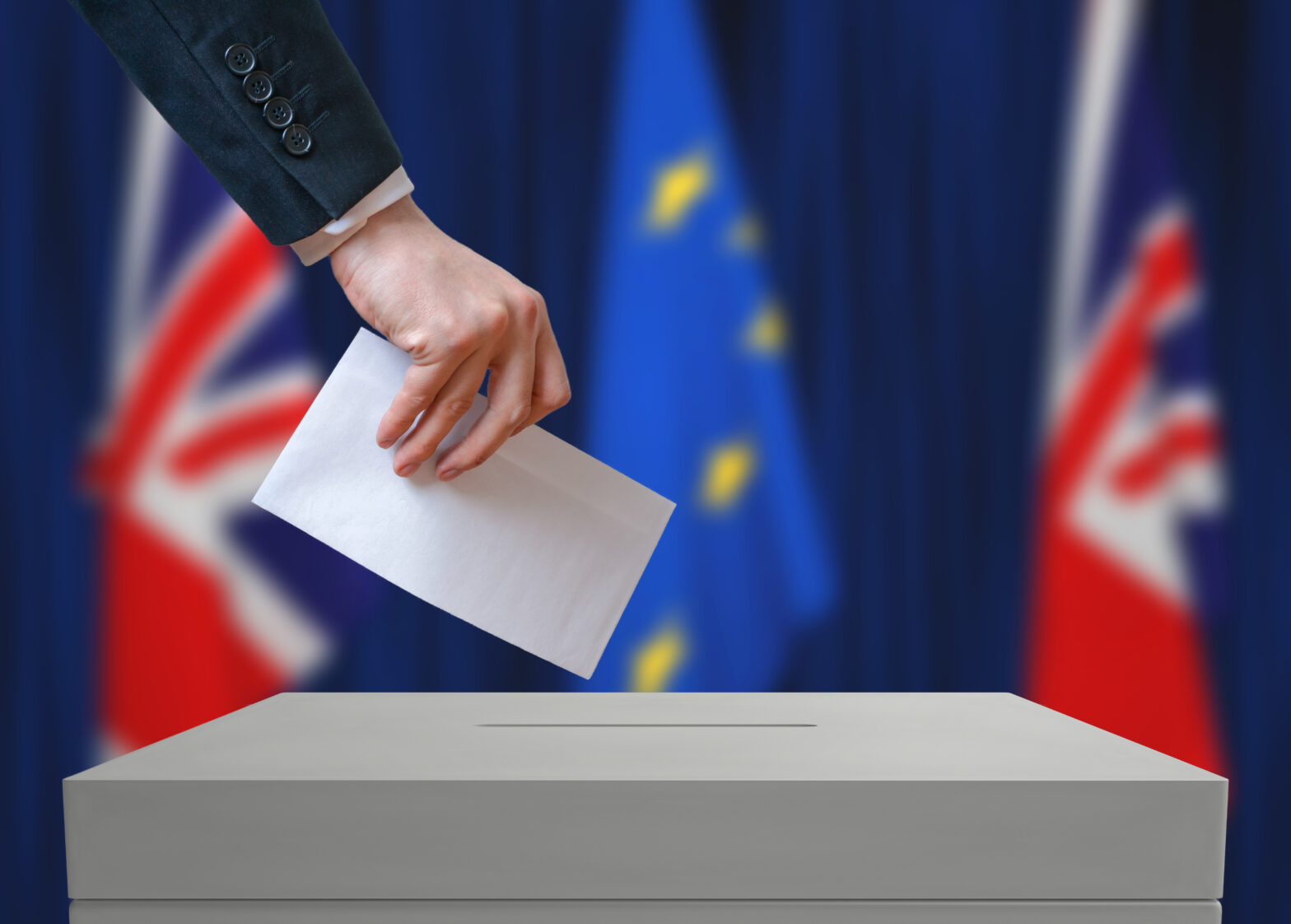Theresa May wrong-footed plenty of people at Westminster by announcing her intention to call a General Election. The vote, now due for June 8, is seen as a big chance for the Prime Minister to increase her majority and inflict a devastating defeat on the Labour Party.
But, by surprising her colleagues, opponents and commentators with the election call, what impact did Mrs May’s actions have on the markets and the fortunes of investors?
The markets are making a prediction
The immediate reaction to the election news was a positive one from a currency perspective. The pound has struggled since last year’s EU Referendum and sank further in October following the Prime Minister’s party conference speech – which hammered home the fact that the UK will definitely be leaving the European Union in the next couple of years. The markets clearly felt that the UK was in for a period of economic pain – with exports and trade to be more expensive outside of the EU and the single market.
Yet, markets love nothing more than a bit of certainty. While the post-referendum period has been fairly volatile – which has been good news for those engaged in forex trading at least – the impending election has actually caused the pound to pick up. The markets, probably guided by the polls, seem to foresee a strong victory for the Conservative Party.
In turn, experts feel that an emboldened May administration will be able to enter in the negotiations surrounding Brexit with a greater sense of calm and confidence.
Not that the strengthening pound is good news for everyone. Exporters have benefitted from the cheaper pound, which has helped to make their goods more competitive to overseas buyers. Not only that, but the FTSE 100 companies had performed well since the referendum. This can be explained by the fact that many of these companies hold their cash reserves in dollars, which has meant that a falling exchange rate adds value to this money.
Theresa May’s announcement wiped more than £45 billion off the value of the FTSE 100 – at the same time as the pound hit a six-month high. Investors in such companies won’t have been so happy to hear the news of the upcoming election.
Certainty might only be temporary
Then, of course, there is the possibility that Mrs May’s election gamble doesn’t pay off. While it looks highly unlikely that Jeremy Corbyn will pull off a shock victory and end up in Number 10, you won’t find too many pollsters or pundits making cast iron predictions after the events of 2016 – with Brexit and Trump taking many by surprise.
A Corbyn win would certainly send a ripple through the markets in the short term – but so too could any shocks or crises that may emerge during the course of the campaign between now and June or a sense that the SNP surge could force a further independence vote for Scotland in the coming years.
As soon as the ballots are counted, investors will be wanting to see swift action to form a coherent and steady Government – and will want this to be the last election upheaval for a while. The fact that the outcome seems more predictable than in previous votes has brought a sense of calm for investors for the time. It remains to be seen whether or not this is merely the calm before the storm.







